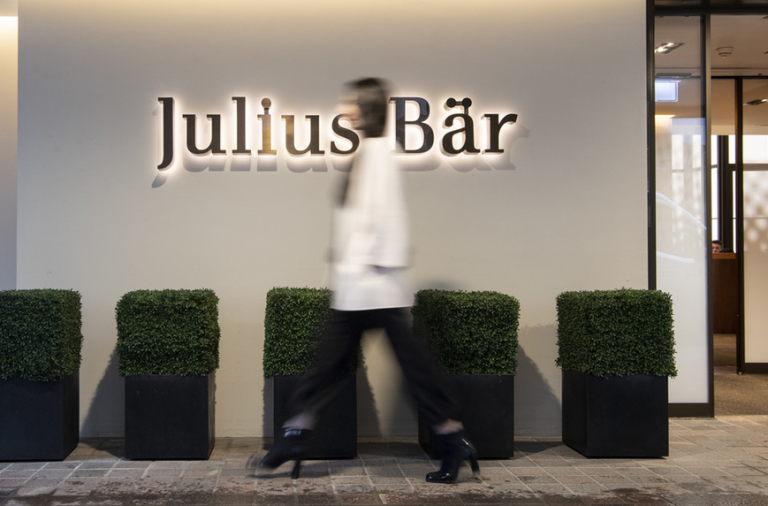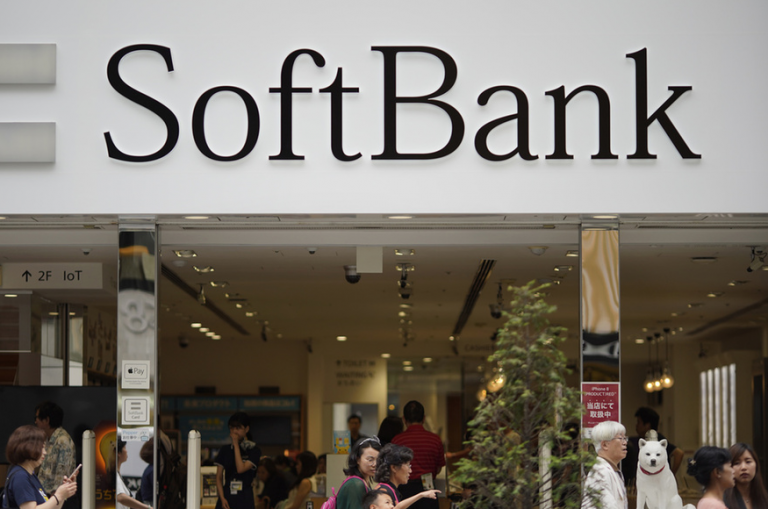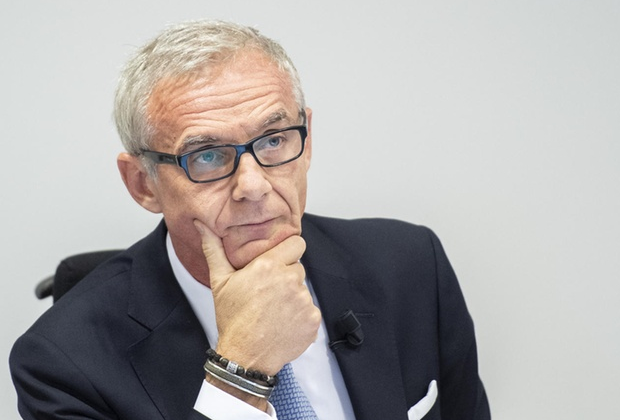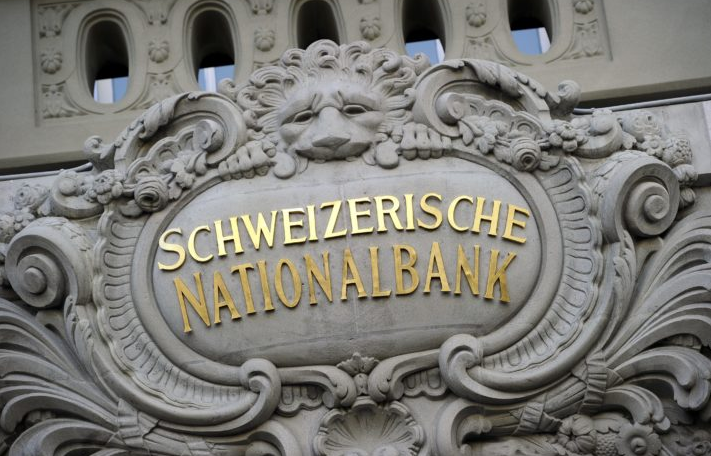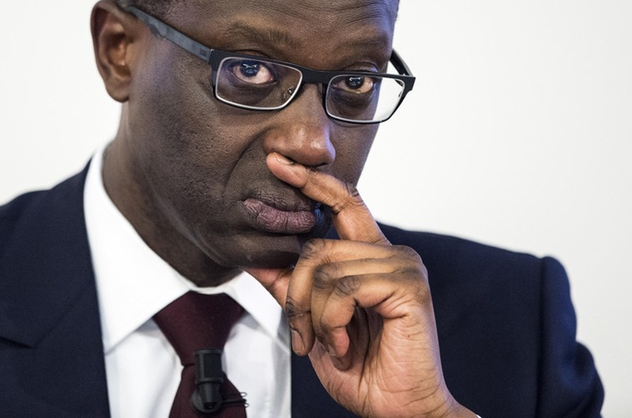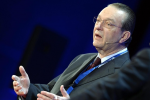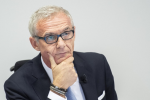Julius Baer Group Ltd. said Asia may overtake Europe as its biggest revenue-generating region, as the Swiss wealth manager steps up hiring in Hong Kong and Singapore.
“In the next five years, Asia could be the biggest region for us if we grow at double-digit” rates, Chief Executive Officer Boris Collardi said Wednesday in an interview in Singapore. More than half of about 200 new bankers that Julius Baer plans to hire this year will be based in Asia, he added.
Asia contributed about 532 million Swiss francs ($547 million) of Julius Baer’s operating income in 2015, small compared with the 2.2 billion Swiss francs from Switzerland and the rest of Europe. But the share of revenue generated in Asia has been growing fast, doubling to about 20 percent of the total last year from about 10 percent in 2011.
Julius Baer is the fifth-largest private bank in Asia by assets under management, according to a 2015 ranking by Asian Private Banker. Its AUM in Asia stood at $75.1 billion, the publication said. It’s the third largest in Switzerland, after UBS Group AG and Credit Suisse Group AG.
Asian Expansion
Like UBS and Credit Suisse, Julius Baer has been expanding in Asia, lured by the growing number of rich people. Private wealth in the Asia-Pacific region surpassed that of North America for the first time in 2015, according to a report by Cap Gemini SA.
“In general we are following where the market is going. And Asia is our second home,” Collardi said in a separate Bloomberg Television interview Wednesday with Haslinda Amin. He said the bank has been hiring in Hong Kong and Singapore “in a big way.”
Shares of Julius Baer fell 0.2 percent to 41.04 Swiss francs in Zurich on Wednesday. The stock has declined 16 percent this year.
Acquisition Risks
Collardi said he doesn’t rule out the idea of further acquisitions, but for the moment his bank is focused on expansion through hiring. Julius Baer last year completed the acquisition of the Merrill Lynch wealth management business outside the U.S., which it bought from Bank of America Corp.
The acquisition of other private banks can either be expensive, or pose substantial risks at a time of stricter regulation, Collardi said. He noted the case of BSI SA, a Swiss private bank which this year agreed to be taken over by EFG international AG. BSI was subsequently fined by regulators in Switzerland and Singapore for its ties to 1Malaysia Development Bhd., the development fund at the center of global probes into alleged money laundering. 1MDB denies any wrongdoing.
Singapore withdrew BSI’s banking license for breaches including a failure to conduct due diligence on high-risk accounts and to monitor suspicious customer transactions.
Atomic Bombs
“We are in the phase of the industry right now where there’s a number of issues where you can buy an asset that looks cheap, but there’s an atomic bomb in it,” said Collardi.
From a financial perspective, BSI could be seen as an “interesting transaction,” Collardi said. “I am sure it’s a good business, and I am sure people that made this judgement call made it on a sound basis, but there’s an opportunity cost,” he added.
Since announcing the deal to acquire BSI from BTG Pactual Group in February, EFG has reiterated that its agreement contains legal protections and an escrow account for potential legal risks. Potential indemnifications may cover “special” matters relating to Malaysia, EFG said in August.
Julius Baer is investing heavily in technology, and has chosen Singapore as the base for a new platform that will support its global operations, Collardi said. The bank will spend “several hundred millions” of Swiss francs over the next five years on technology, he said, without providing details.
The firm’s first-half net income climbed to 362 million Swiss francs from 39 million francs a year earlier, when profits were depressed by a provision related to a U.S. tax probe. Excluding the effects of the provision, adjusted net income and adjusted earnings per share increased by 5 percent in the first half. Assets under management climbed 4 percent to a record 311 billion francs.
Julius Baer agreed to pay $547 million to avoid U.S. prosecution and admitted it helped American clients hide billions of dollars in assets from tax authorities while coaching its bankers on how to avoid detection.
By Chanyaporn Chanjaroen (Bloomberg)
Full story here Are you the author? Previous post See more for Next postTags: Credit Suisse,newslettersent




















